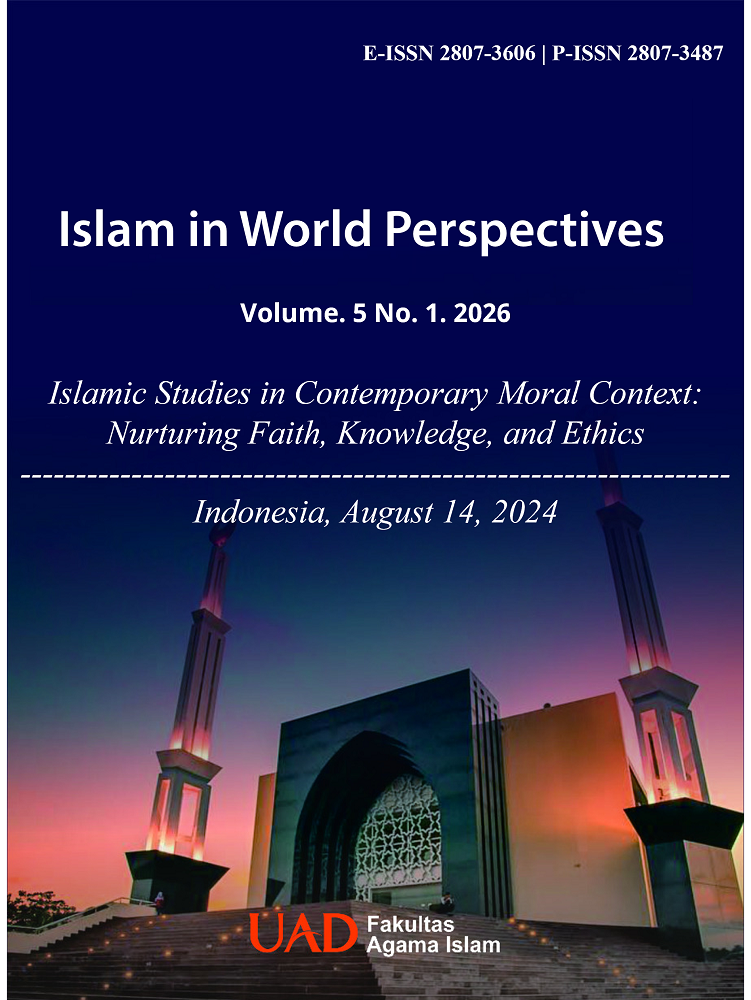Integration of Islamic education and character education: Strategies to build moral integrity in madrasah institutions
Abstract
This study explores the integration strategies of Islamic Education and Character Education in several Madrasah Aliyah in Ponorogo, East Java, and its implications for the development of students' moral integrity. Using qualitative methods, data were collected through interviews with various informants, including principals, teachers, and students. The findings indicate that madrasahs have successfully developed effective strategies, including the implementation of an integrated curriculum, habituation of Islamic behaviour, and active involvement of teachers as role models. These strategies have significantly positively impacted the formation of students' moral integrity, as reflected in increased honesty, responsibility, and discipline. Comparative analysis with curriculum integration and moral development theories supports these findings, emphasizing the importance of a holistic approach in education to shape students' character. However, the study also identifies challenges, including consistency in strategy implementation across madrasahs and social environment support. Recommendations for further research include comparative and longitudinal studies to expand understanding of the long-term effectiveness of this integration.
Downloads
Published
Issue
Section
License
Copyright (c) 2024 Hanifah Noviandari, Fallya Putri Utami, Endah Tri Wahyuningsih

This work is licensed under a Creative Commons Attribution-ShareAlike 4.0 International License.
Authors who publish with Islam in world perspectives agree to the following terms:
- Authors retain copyright and grant the journal right of first publication with the work simultaneously licensed under a Creative Commons Attribution License (CC BY-SA 4.0) that allows others to share the work with an acknowledgment of the work's authorship and initial publication in this journal.
- Authors are able to enter into separate, additional contractual arrangements for the non-exclusive distribution of the journal's published version of the work (e.g., post it to an institutional repository or publish it in a book), with an acknowledgment of its initial publication in this journal.
- Authors are permitted and encouraged to post their work online (e.g., in institutional repositories or on their website) prior to and during the submission process, as it can lead to productive exchanges, as well as earlier and greater citation of published work.

This work is licensed under a Creative Commons Attribution-ShareAlike 4.0 International License.



